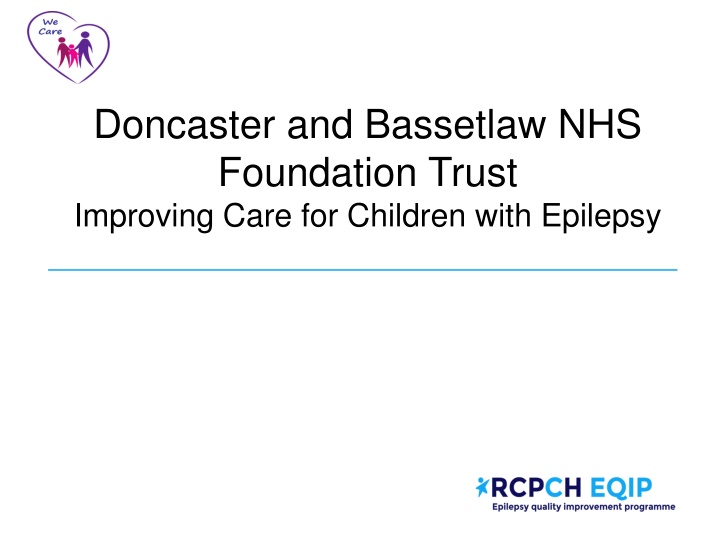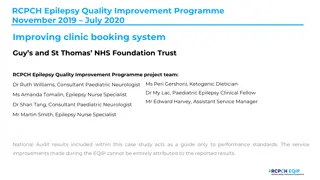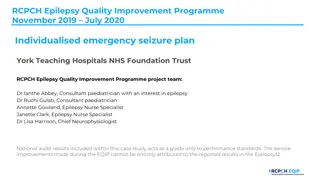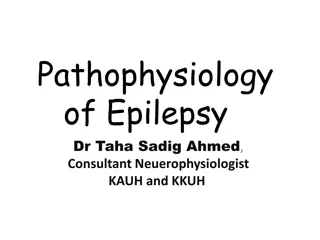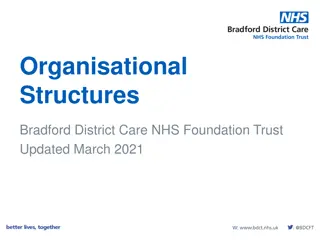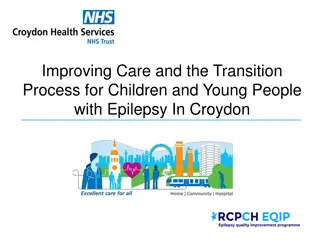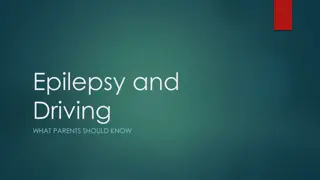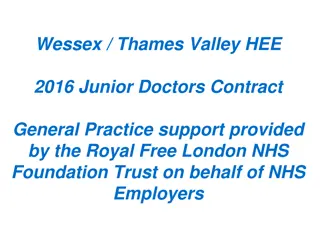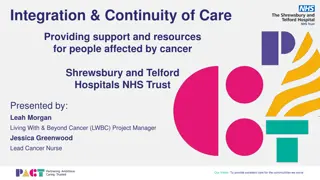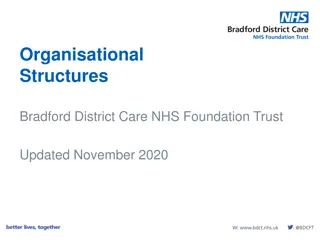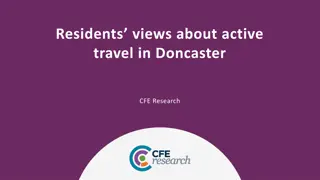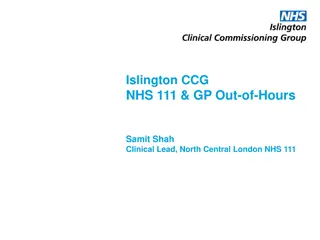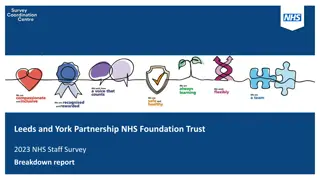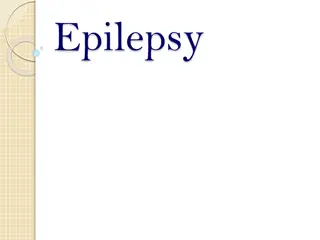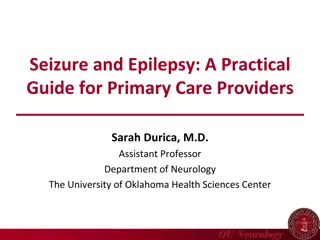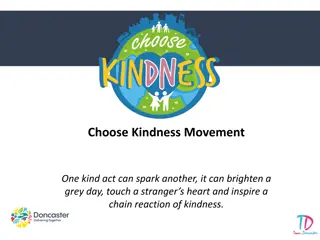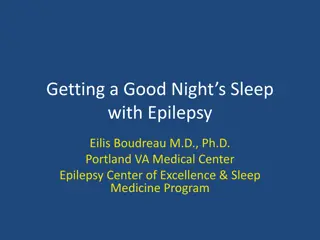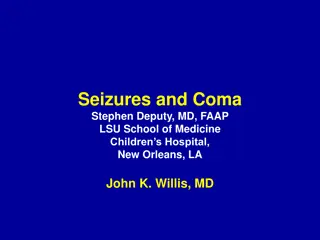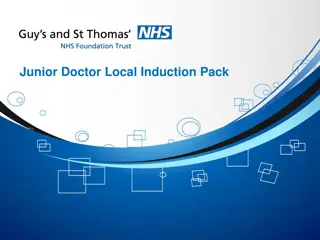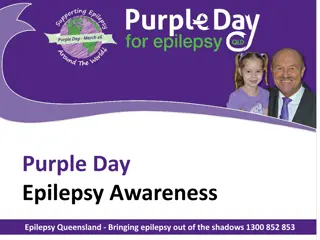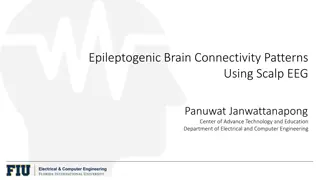Enhancing Care for Children with Epilepsy at Doncaster and Bassetlaw NHS Foundation Trust
Doncaster and Bassetlaw NHS Foundation Trust is striving to improve care for children with epilepsy through initiatives like offering digital feedback forms, patient and family engagement strategies, and enhancing the overall patient experience. The team aims to streamline transition care, adopt technology for better services, and involve stakeholders effectively. Through various PDSA cycles, they are refining their approaches to meet the needs of patients and their families effectively.
Download Presentation

Please find below an Image/Link to download the presentation.
The content on the website is provided AS IS for your information and personal use only. It may not be sold, licensed, or shared on other websites without obtaining consent from the author.If you encounter any issues during the download, it is possible that the publisher has removed the file from their server.
You are allowed to download the files provided on this website for personal or commercial use, subject to the condition that they are used lawfully. All files are the property of their respective owners.
The content on the website is provided AS IS for your information and personal use only. It may not be sold, licensed, or shared on other websites without obtaining consent from the author.
E N D
Presentation Transcript
Getting There Doncaster and Bassetlaw NHS Foundation Trust Improving Care for Children with Epilepsy
Your Team Dr Suhail Habib (EQIP Champion), Dr Vivek Desai, Dr Bphupendra Singh, Dr Sadaf Ahsan, Dr Lavanya Nagarajan, John Monaghan (ESN) Carys Amies (ESN), Natalie Yaw (Nurse) Natasha Lloyd (Dietician)
Aim By March 2022, 70% of patients aged 11- 19years will have digital feedback forms offered in Clinics (Consultant and Nurse led) and on acute Paediatric ward
Background Rationale Split sites working and COVID-19 pandemic Lack of structured feedback loop Engagement of patients and families Streamlining transition care
Driver Diagram Primary Drivers Secondary Drivers Change ideas Adopting technology Split sites patients attendance Patient Engagement Service Improvement Enhancing patients and carers experience Structured feedback loop Virtual clinics Transition care Psychiatric support Team experience Collaboration Staff education and training
Stakeholder Map Patients Professionals High Interest Trust/CCG Parents and family Low Low Influence High
Patient and Family Engagement Clinic chats Paper based questions QR codes Email links
Examples of your PDSA cycles Cycle: 5 Email Link A P S D Cycle 4: QR Code base survey Cycle 3: Staff/Team discussion/Survey A P S D Aim of the test Cycle 2: Paper Base Questionnaire Development of feedback loop with patients involvement Cycle 1:One Patient One Question
What did your test reveal? Getting feedback from carers in case of patients with learning difficulties QR Code may not me the only Option The Staff/Team Members views vs patients/carers expectations
Data/Results 49 Responses received between Jan/Feb 2022 from QR code and email links 41/49 ranked the service very good and 8 were good Majority were extremely satisfied with the information given by Consultants and ESN. 15/49 needed more information about psychological support Views about virtual clinic, surprisingly 24/49 patients responded they would rather have face to face appointment 37/49 were feeling more worried about transition to adult services.
Successes Challenges/Limitations Established user friendly and easy to analyse data tool for patient engagement Split sites working more organised Team education and training about QI Virtual clinics are not always the answer Psychiatric support is patchy Recourse allocation for transition care
Team learning highlights Wider collaboration with Epilepsy teams from across UK Focus on simple changes with patients involvement Identified strengths and weakness More confident in delivery of service with engagement of patients and their families
Next Steps Combined doctors and ESN Virtual clinics Signposting about psychiatric support Transition care pathway Establishment of local support groups Streamlining First Fit Clinic
